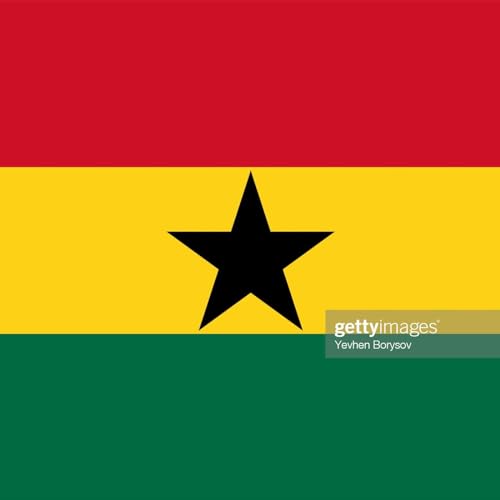Send us a text
Journey with us beyond typical tourist destinations as we unveil two magnificent North African cities that deserve prime positions on your travel bucket list.
Algiers and Casablanca stand as testament to Africa's incredible diversity, blending Mediterranean charm, Islamic artistry, European influences, and authentic African heritage into unforgettable urban experiences.
Algiers captivates with its stunning position as possibly the northernmost city on the continent, where the UNESCO-protected Kasbah reveals centuries of history through maze-like alleyways and Ottoman-era architecture. Picture yourself wandering through Haussmann-style boulevards that earned this city its nickname as "African Paris," or gazing out over the Mediterranean from the cliffside Notre Dame d'Afrique basilica.
Art enthusiasts will treasure time spent at the National Museum of Fine Arts, home to one of Africa's largest art collections featuring both European masters and African artists. When night falls, experience everything from rooftop cafés serving mint tea with panoramic views to vibrant lounges where live bands play both Algerian classics and international favorites
Moving westward, Casablanca pulses as Morocco's contemporary heartbeat while honouring its rich cultural tapestry. The breath-taking Hassan II Mosque rises 210 meters above the Atlantic Ocean, welcoming visitors of all faiths to marvel at its extraordinary craftsmanship. Stroll through downtown to discover architectural treasures from the 1930s, then lose yourself in Quartier Habous where traditional artisans craft everything from leather goods to intricate jewelry. For a uniquely enlightening experience, visit the Museum of Moroccan Judaism—the only Jewish museum in the Arab world—showcasing the country's multifaceted heritage through synagogue replicas, traditional clothing, and historical artifacts.
What makes these destinations particularly accessible is their world-class infrastructure. Both cities feature modern transportation networks comparable to major European capitals, making exploration convenient and comfortable.
Whether you're sampling couscous and mint tea at local eateries, hunting for handcrafted souvenirs, or simply watching the sunset from a Mediterranean beach, these North African gems offer the perfect blend of familiar comforts and exotic discoveries. Subscribe to our channel for more African travel insights that will transform how you see this remarkable continent.
Sources:
The Africa You Don't See On TV!(Algeria)
Casablanca Morocco: 10 BEST Things To Do In 2024 (Travel Guide)
Support the show
Donate/Support the show: https://www.buzzsprout.com/1793098/support
We offer a consultation session for those who wish to relocate to Ghana , do business in Ghana , buy land, buying a property or even starting business in Ghana. We offer professional support tailored on your needs and wants.
We provide valuable information that can assist you in your relocation like the Ghana card how/where to register your business.
We can also signpost you to other agencies that can help in your relocation as well as business and investment opportunities.
We charge a rate of US$30 for an hour's consultation or US$20 for a 30 minute consultation briefing.
To book your consultation please email ahodwo805@gmail.com
Subscribe on Youtube - just look for the Ghana/Afrika in Focus podcast on Youtube and click the notification bell so that every time I upload a new podcast it automatically comes to your feed.
Tell your family and friends.
 Sep 2 202542 m
Sep 2 202542 m Aug 25 202526 m
Aug 25 202526 m Aug 19 202518 m
Aug 19 202518 m 21 m
21 m Aug 4 202528 m
Aug 4 202528 m 20 m
20 m Jul 14 202526 m
Jul 14 202526 m 34 m
34 m
